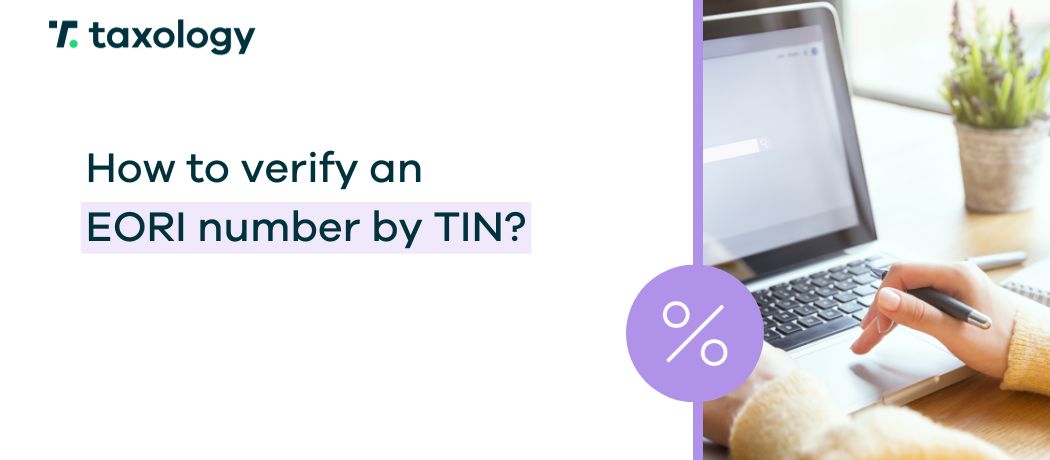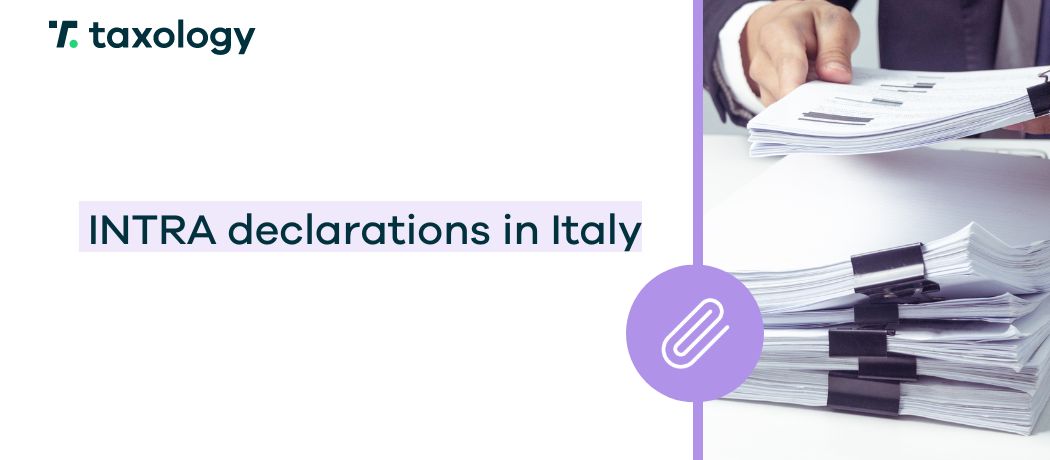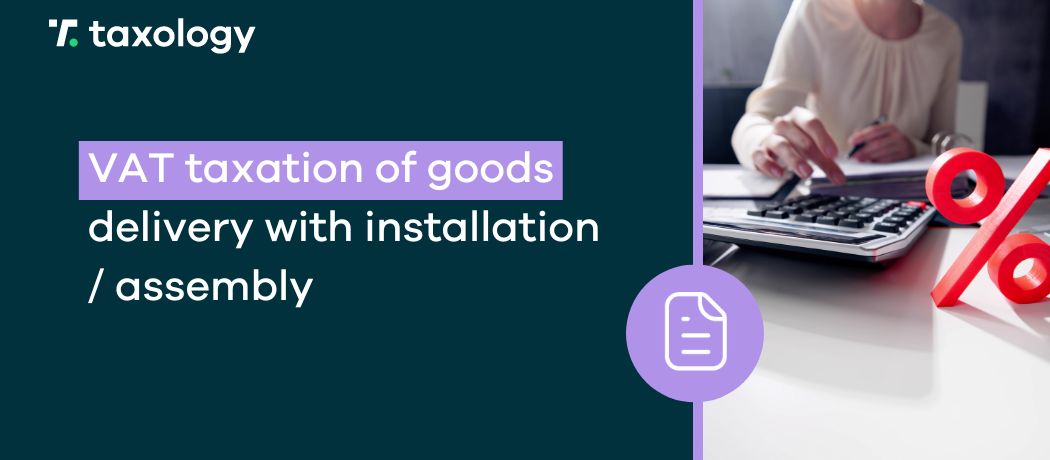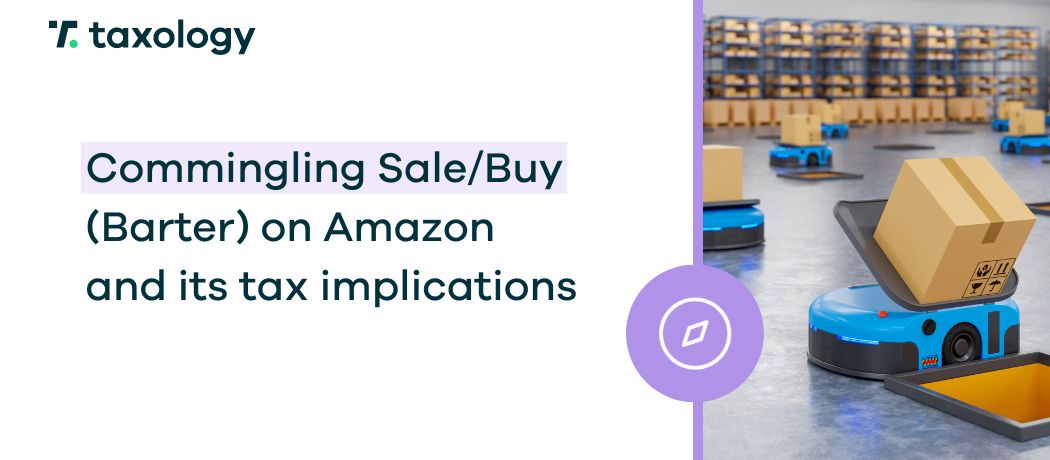Italy ranks as the fourth largest e-commerce market in Europe in terms of value. It is no surprise, then, that it attracts entrepreneurs looking to expand in this direction. However, […]
Read in: 4 minHow to verify an EORI number by TIN?
- Last update: 23.02.2024
- Published: 01.06.2022
- Read in: 5 min
When planning to buy or sell goods to non-EU countries, you must remember about the necessary formalities. One of them is to obtain an EORI number, which is necessary for all EU customs transactions and activities. In this article we explain to you what an EORI is and why it was created, who is required to have one, and how to verify it.
How to verify the EORI number by TIN?
The EORI number is not just some random string of numbers and letters. Each EU member state has its own guidelines, but most often the number is based on the tax identification number.
The EORI number assigned to an entrepreneur registered in Poland is composed of the two-letter prefix PL, the TIN number, as well as 5 zeros at the end. Meanwhile, the EORI number for an entrepreneur registered outside of the EU, applying for it in Poland, is composed of the prefix PL, 14 digits and the letter Z at the end.
Knowing the numerical sequence, we can easily find it out what is the holder’s TIN number. It should work similarly the other way around. If we want to verify an EORI number that is unknown to us, we must first decipher it.
You should start by checking the TIN number of the company in question, for example, on the National Court Register (KRS) website. Let’s assume that the number is 5272883861. You must subsequently add the PL prefix along with 5 zeros at the end. This will generate the correct EORI number – PL527288386100000.
In order to verify it, simply enter the EORI number on the European Commission’s website. Thanks to this, we will find out:
- whether a given company has an EORI number and if it is active
- whether its data is up-to-date
In case we have verified our company’s data and it turns out to be outdated, we can update it using the Fiscal and Customs Electronic Services Platform (PUESC).
Why was EORI created in the first place?
The European Union’s Economic Operator Registration and Identification System (EORI) was created to supervise the movement of goods between EU and non-EU countries, and to identify the economic operators involved in these transactions.
Its implementation has made customs formalities faster and simpler, partly by standardising identification numbers across member countries. On the other hand, it has made it much easier for businesses to contact customs authorities within the EU.
EORI is part of the e-Customs project, aimed at moving customs formalities to electronic systems.
Among other things, an EORI number will be required for:
- performing customs clearance
- obtaining AEO status
- using the TIR procedure
Who is required to have an EORI number and how to obtain one?
Every entrepreneur, registered in one of the EU member states, who intends to export or import goods to third countries, should have an EORI number.
In certain situations, non-EU businesses will also have to apply for it, for example: Companies involved in sea, inland waterway and air transportation.
The number can be obtained by setting up an account on PUESC and registering as a natural person to SISC (the Tax and Customs Information System). The website will ask you to provide data and fill out forms, and subsequently attach relevant documents. Sometimes the process is complicated and requires some help from specialists. If this is the case, feel free to contact us. Here, at Taxology, we can help you with both obtaining an EORI number and any other issues related to VAT settlements when selling abroad. Contact us if you require assistance, in any of the aforesaid aspects.
An EORI number should be obtained prior to the first transaction requiring it. Since the granting process can take up to a few weeks, e.g., due to missing or misfiled documents, it is advisable to apply for the number at least 4 weeks in advance




